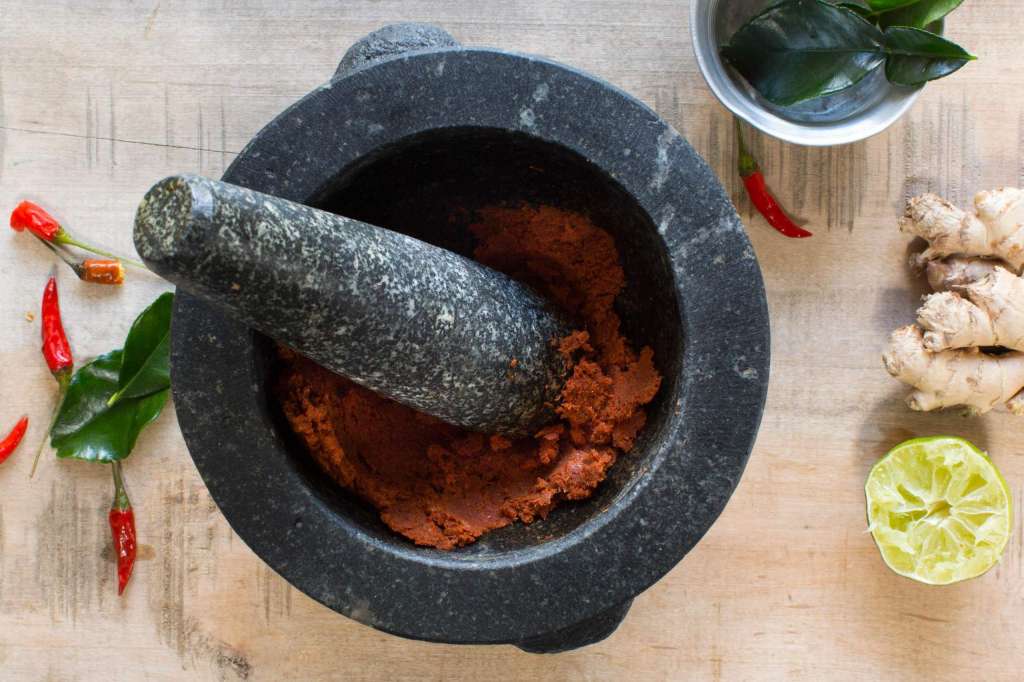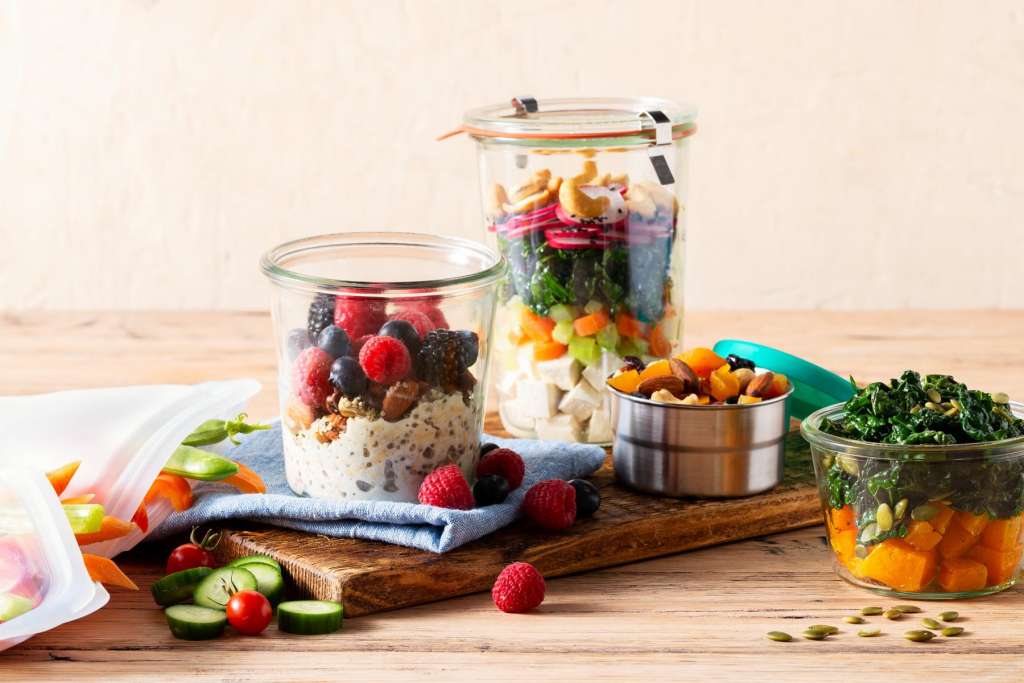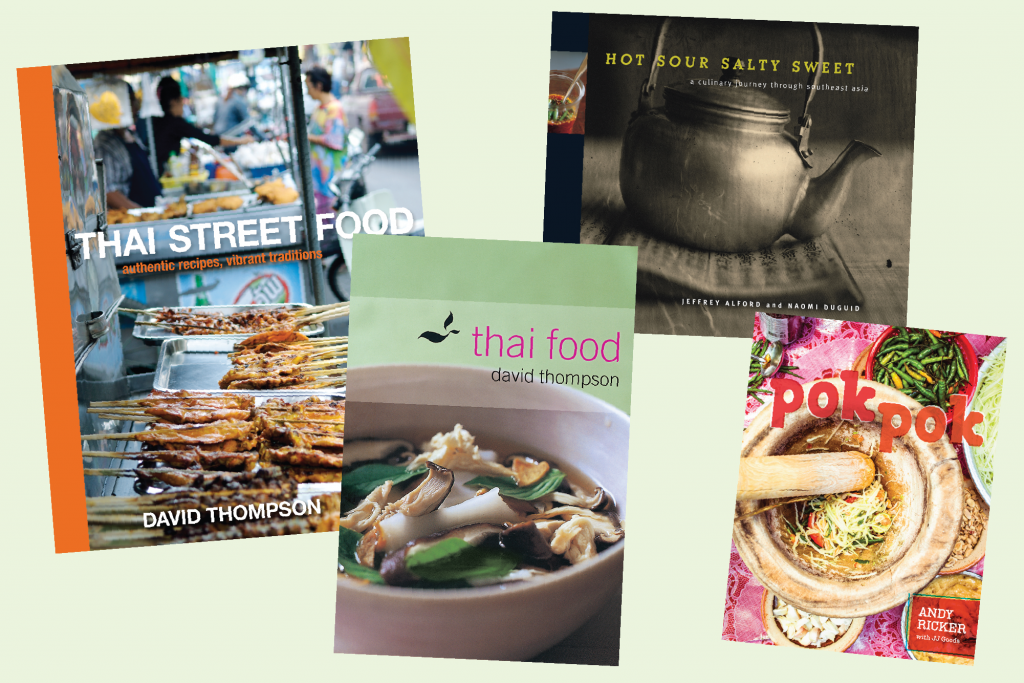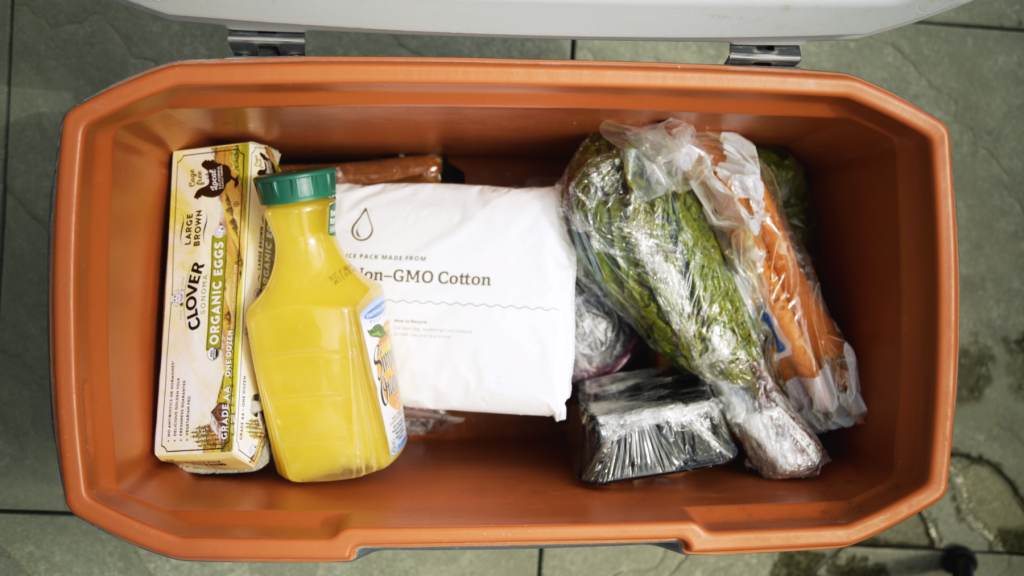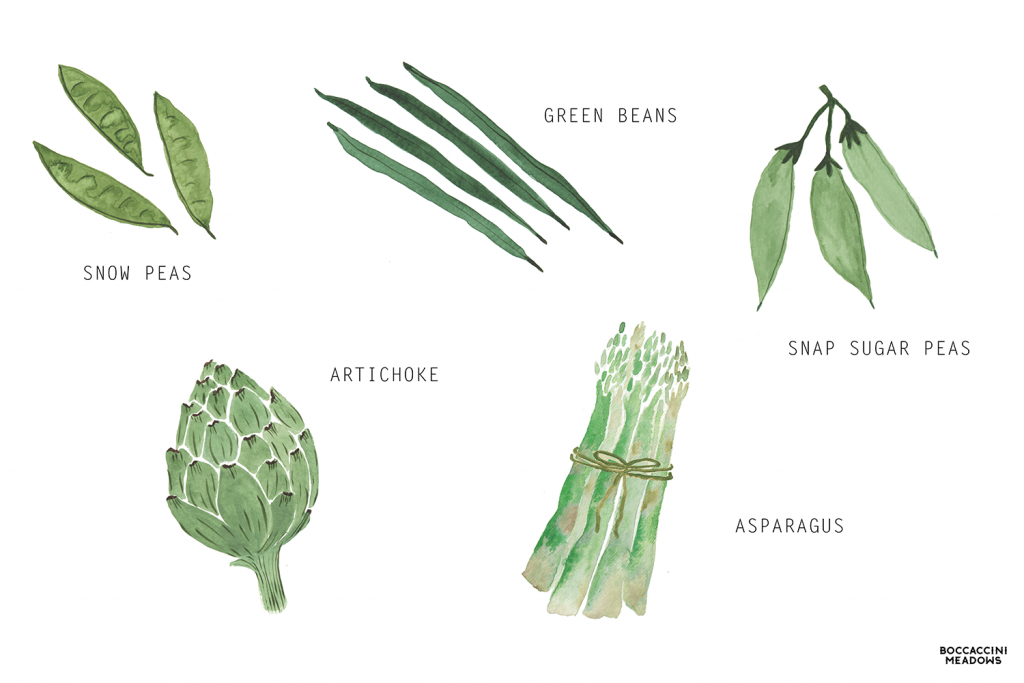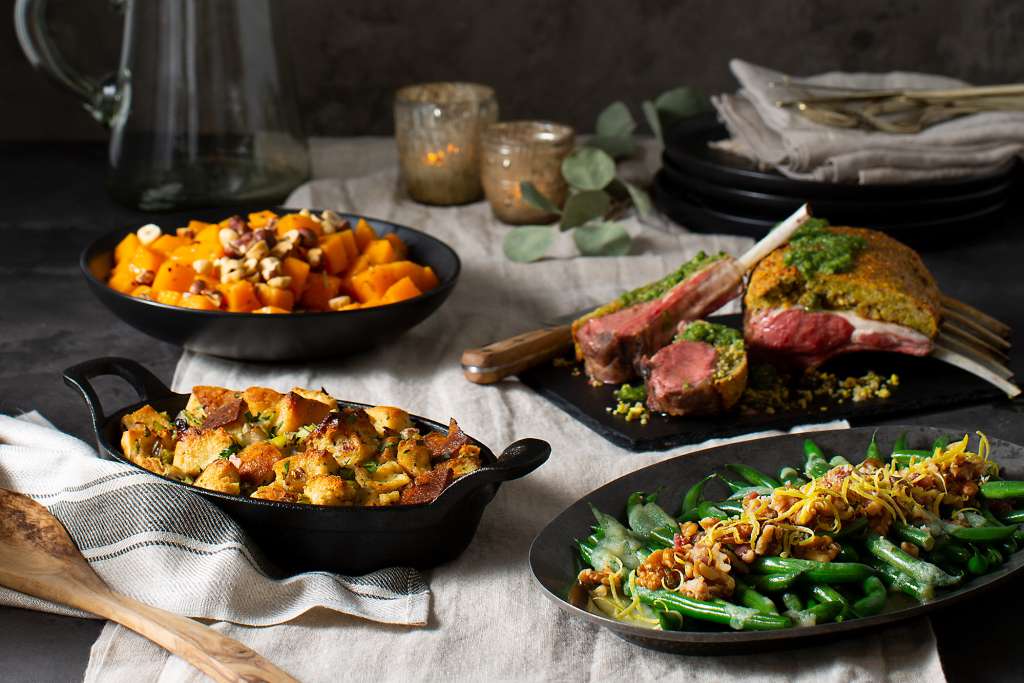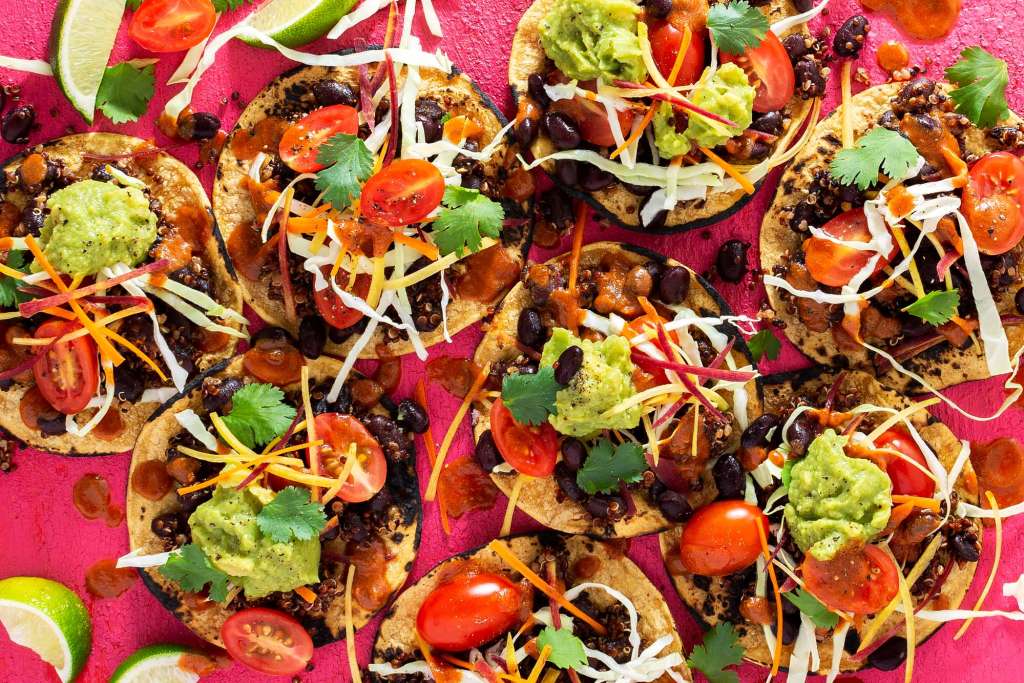Welcoming Spring with a Splash
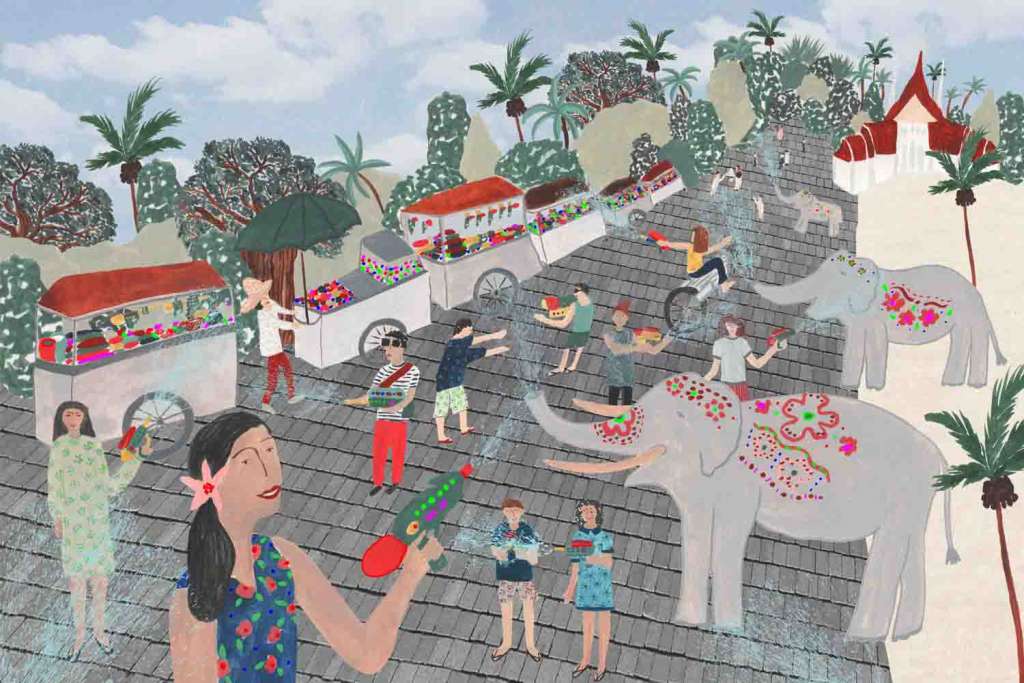
For many, toasting to the new year is a chance to look to the future and celebrate what’s in store for the year ahead. But in Thailand, you can’t move forward without washing away the year you’re leaving behind.
Celebrated just after the spring equinox, the Songkran Festival is essentially a three-day water fight that takes place in the streets of every city in the country, from Chiang Mai to Bangkok. Locals use buckets filled with water and water guns to drench each other, which they believe to be spiritually purifying and a sign of respect and well-wishes. The act of being soaked in water washes away bad luck, cleanses any misfortune and grief from the past, and blesses one with hopes of good things to come in the year ahead.
The word songkran comes from the Sanskrit saṃkrānti, meaning an astrological shift that signifies change. The celebration started small when locals collected the water that had been poured over statues of Buddha. They believed the water that cleansed the statues would also cleanse them. Before the practice was as widespread as it is now, the recycled water was simply trickled over the shoulders of village elders and select family members. Today, revelers buy super soaker–style water guns from street stalls for massive water fights, but the meaning of the holiday remains.
People will visit Buddhist monasteries with offerings for the monks as an act of merit-making. They ask for forgiveness for their missteps in the year past and make resolutions for the year to come. During the water fights, celebrants smear clay on each other’s faces, mirroring the practice of monks blessing objects with chalk, as they wish one another a happy new year, or sa wat dee pi mai.
illustration by @boccaccinimeadows
